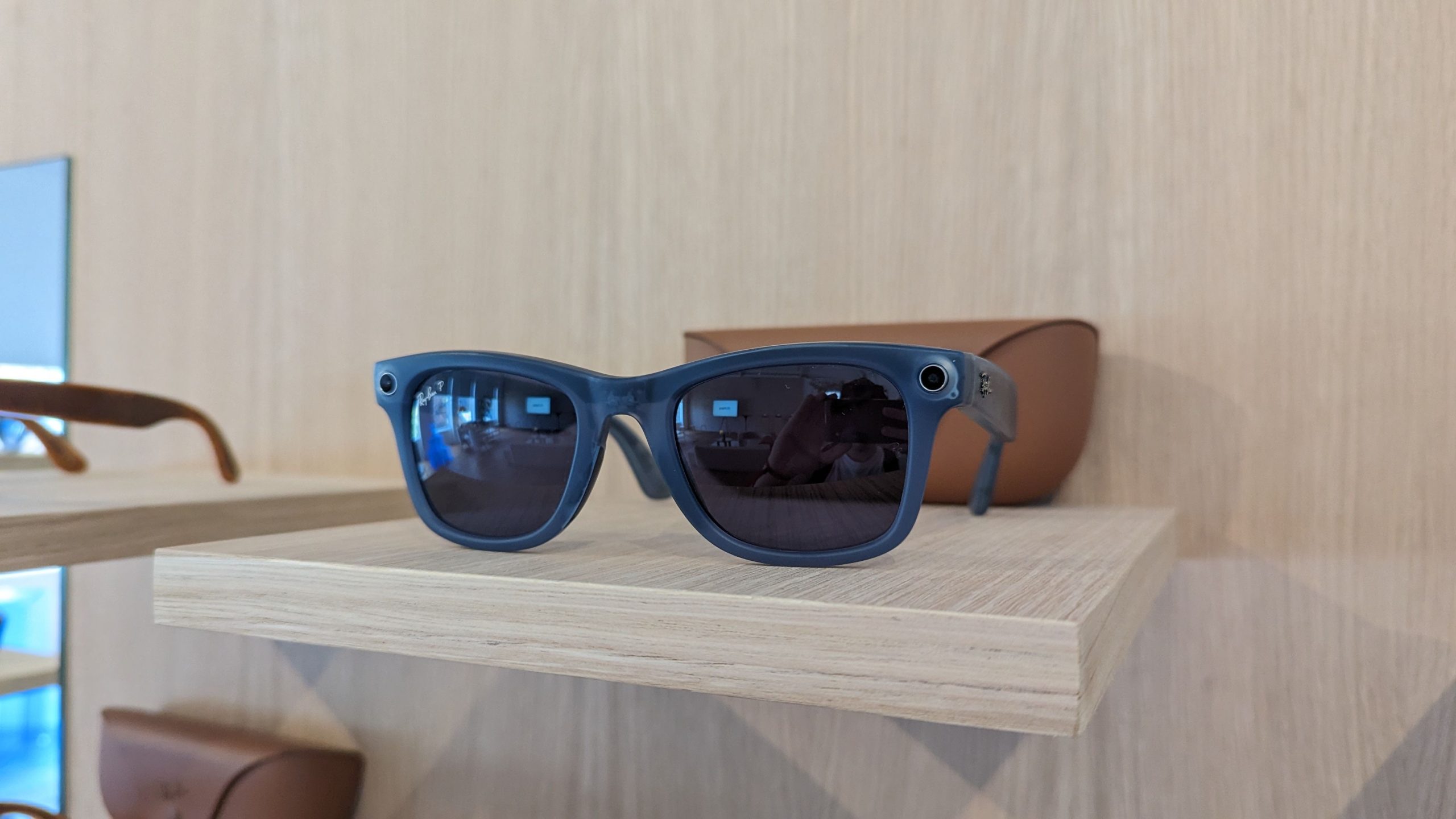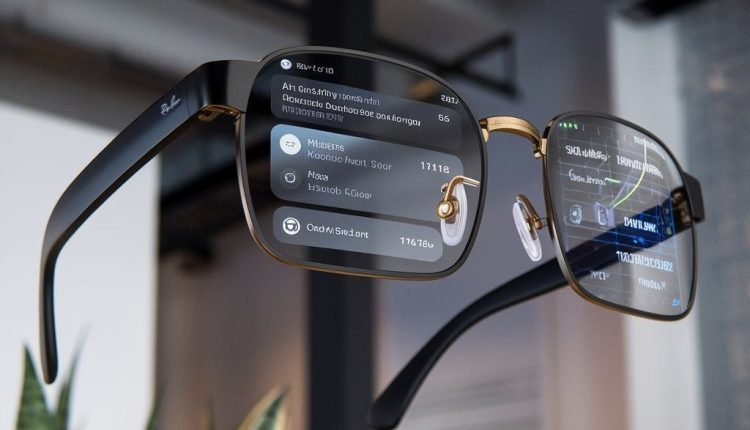Meta CEO Mark Zuckerberg envisions a near future where sleek AI-powered glasses replace smartphones and laptops dominating our lives today. In recent internal briefings, he outlined an ambitious transition: “Imagine walking through Rome and your glasses instantly translate Italian street signs, identify landmarks, and recommend local dishes all while your hands stay free,” Zuckerberg told engineers, according to sources familiar with the discussions.

The Hardware Revolution
Meta’s Reality Labs division has spent 5-10 years refining this vision. Its partnerships with eyewear giant EssilorLuxottica birthed the Ray-Ban Meta and Oakley Meta lines, which have sold over 2 million units since 2023. The newer Oakley HSTN model ($399-$499) doubles battery life to 8 hours, shoots 3K video, and adds IPX4 water resistance for athletes addressing early critiques of smart glasses’ practicality. Real-world testing confirms these upgrades let users record hikes or workouts without midday recharges, a limitation that plagued earlier Ray-Ban models.
AI: The Invisible Concierge
Central to Zuckerberg’s pitch is Meta AI, the assistant embedded in these glasses. It processes surroundings via dual 12MP cameras, offering:
-
Real-time translation of text/speech
-
Object recognition (plants, products, landmarks)
-
Contextual answers to verbal queries (e.g., “Hey Meta, how’s the wind affecting this golf shot?”).
Monthly software updates continuously expand these skills, leveraging multimodal learning that combines visual and audio data.

Privacy: The Unresolved Hurdle
Despite technical leaps, surveillance concerns linger. Critics note Meta’s glasses feature only a subtle LED indicator, which is easy to miss in bright settings. Privacy advocates warn bystanders can’t consent to being filmed. “This isn’t just about glassholes,” says Dr. Elena Torres, a tech ethicist at Stanford. “It normalizes ambient data collection, turning public spaces into de facto Meta training grounds”. Meta says it’s exploring brighter recording alerts and stricter user controls.
Market Realities vs. Vision
While Zuckerberg predicts glasses will dethrone phones, analysts urge caution. Meta’s Reality Labs division bled $38 billion over nine quarters. Though Ray-Ban sales tripled, they’re dwarfed by 1.5 billion annual smartphone shipments. “Glasses excel as activity companions,” notes tech journalist Sabrina Ortiz, “but replacing your laptop? Not until they handle spreadsheets or Netflix comfortably”. Competitors like Google and Apple are developing rival smart glasses, ensuring a fierce battle ahead.
Blending Worlds, Carefully
Zuckerberg’s conviction stems from what he calls “phygital blending,” merging physical and digital experiences seamlessly. Early adopters like marathoners and climbers already use Oakley Meta glasses to stream POV footage hands-free. For Professor Liam Chen (MIT Media Lab), this hints at practicality: “They’re evolving from novelty tools to legitimate performance aids. But mass adoption requires proving they solve everyday problems better than phones”.
As Meta invests billions in EssilorLuxottica and advanced holographic displays 46, Zuckerberg’s gamble is clear: make glasses the primary portal to an AI-augmented world. Whether society embraces them, however, hinges on balancing utility with ethics, a challenge even the sharpest AI can’t solve overnight.
Subscribe to my whatsapp channel


Comments are closed.